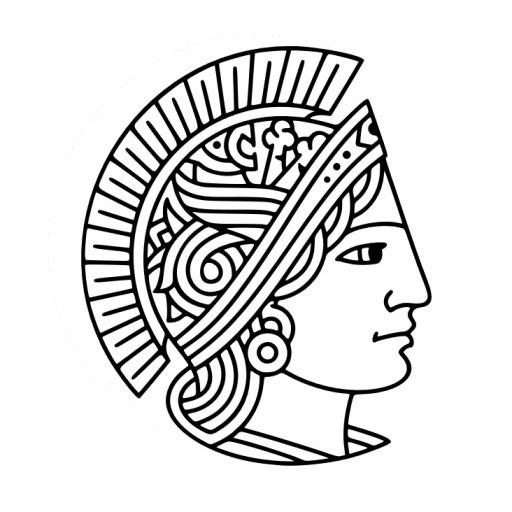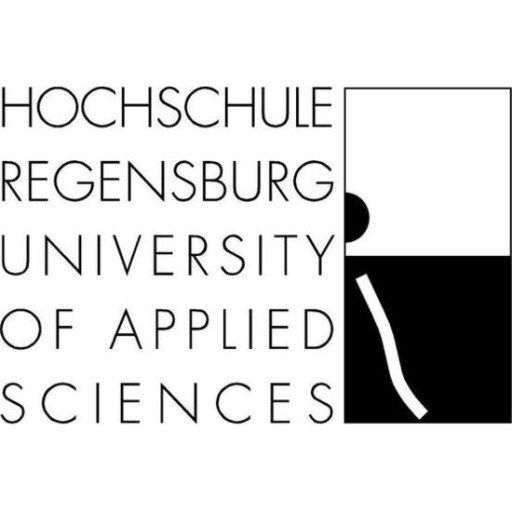Germany is one of the leading countries worldwide in the development of business applications. Developing and maintaining business-critical software as well as the underlying software infrastructure is at the very core of companies such as SAP and Software AG.
Business applications are commonly used for management purposes and enable the efficient and timely exchange of information between the different locations of a company and also between companies. Using modern business software, the management is always in the position to get a comprehensive overview of the state of the company. This is essential in a highly competitive world to promptly react and adapt to ever-changing conditions. In a large number of business areas timely information is essential for the survival of the companies. Therefore, the software developed for such companies has to satisfy the highest quality standards.
The Master in Distributed Software Systems will in particular help you to gain the necessary knowledge and skills to develop highest-quality business applications. That is, you will learn how to develop business applications that are scalable, flexible, secure and reliable. These applications will enable the secure and reliable exchange of data between widely distributed locations while satisfying requirements imposed by (foreign) laws. You will also learn how to develop the applications in such a way that they can be adapted to changing external conditions - in a controlled way - to meet the demands of the future.
Today, practically all modern business applications are distributed applications that communicate over public wide-area networks using secure data exchange and where the underlying data is stored and managed by database systems. Furthermore, the external and internal requirements for the applications are constantly changing and hence require the permanent adaptation of the applications. This requires the use of modern software engineering approaches and techniques to first realise such applications and later on when maintaining the application to integrate new requirements in a timely manner while satisfying the business' quality requirements. Hence, to develop such applications, profound knowledge is required in all three areas that are part of the Master in Distributed Software Systems: Networking and Systems Software; Distributed Systems; and Formal Methods, Programming Languages, and Software Engineering.
The knowledge and experiences you will gain as part of this course of studies can also be applied directly for the development of general-purpose web-based applications far beyond the area of classical business applications. Examples of such applications can be found in the area of social networks (e.g., "Facebook", "Google Plus",...) or in the area of virtual realities. Such systems are also distributed and commonly use databases, but have extremely high numbers of concurrent users. Again, flexibility, scalability, reliability and security requirements are of the utmost importance. Developing and maintaining such applications requires the knowledge and skills that are taught in the Master in Distributed Software Systems.
Business applications are commonly used for management purposes and enable the efficient and timely exchange of information between the different locations of a company and also between companies. Using modern business software, the management is always in the position to get a comprehensive overview of the state of the company. This is essential in a highly competitive world to promptly react and adapt to ever-changing conditions. In a large number of business areas timely information is essential for the survival of the companies. Therefore, the software developed for such companies has to satisfy the highest quality standards.
The Master in Distributed Software Systems will in particular help you to gain the necessary knowledge and skills to develop highest-quality business applications. That is, you will learn how to develop business applications that are scalable, flexible, secure and reliable. These applications will enable the secure and reliable exchange of data between widely distributed locations while satisfying requirements imposed by (foreign) laws. You will also learn how to develop the applications in such a way that they can be adapted to changing external conditions - in a controlled way - to meet the demands of the future.
Today, practically all modern business applications are distributed applications that communicate over public wide-area networks using secure data exchange and where the underlying data is stored and managed by database systems. Furthermore, the external and internal requirements for the applications are constantly changing and hence require the permanent adaptation of the applications. This requires the use of modern software engineering approaches and techniques to first realise such applications and later on when maintaining the application to integrate new requirements in a timely manner while satisfying the business' quality requirements. Hence, to develop such applications, profound knowledge is required in all three areas that are part of the Master in Distributed Software Systems: Networking and Systems Software; Distributed Systems; and Formal Methods, Programming Languages, and Software Engineering.
The knowledge and experiences you will gain as part of this course of studies can also be applied directly for the development of general-purpose web-based applications far beyond the area of classical business applications. Examples of such applications can be found in the area of social networks (e.g., "Facebook", "Google Plus",...) or in the area of virtual realities. Such systems are also distributed and commonly use databases, but have extremely high numbers of concurrent users. Again, flexibility, scalability, reliability and security requirements are of the utmost importance. Developing and maintaining such applications requires the knowledge and skills that are taught in the Master in Distributed Software Systems.
Educational organisation
The Master in Distributed Software Systems is structured in three main areas:1. Formal Methods, Programming Languages, and Software Engineering - this area's lectures and associated exercises will help students to develop the necessary skills to develop flexible, modular and adaptable software that satisfies highest-quality requirements. The experiences and skills that the students will gain are fundamental for any career related to software development.
2. Networking and Systems Software - this area focuses on the foundations of all kinds of distributed applications that process huge amounts of information.
3. Distributed Systems - this area complements the previous two areas and focuses on the specific knowledge of technologies and concepts that are needed to build modern web-enabled, distributed (business-) applications.
This structure ensures that graduates of this course of studies will satisfy to a large extent the requirements imposed on them. The theoretical knowledge taught in the corresponding lectures is further deepened and applied in seminars and hands-on training. The balanced combination of theory and practice is crucial to prepare students for a life-long career. The exercises will help students of the Master in Distributed Software Systems to assess and classify the theoretical knowledge taught in lectures.
Part-time studies are possible.
Course objectives
The programme provides an excellent foundation for a career in science or industry. After completing their Master's degree, students will have the necessary knowledge to start a PhD.Language requirements
Applicants must provide proof of their English skills: UNIcert-Stufe III, TOEFL test (paper 570, cb 230, iBT 88), IELTS 6.5, CAE (Grade C1) or equivalentAcademic requirements
Bachelor's degree (or equivalent) in Computer ScienceFor further details visit the homepage of the MDSS.
Enrolment fees
Approx. 270 EURThis includes the fee for a semester ticket for public transport in the Darmstadt metropolitan area.
Costs of living
Approx. 700-900 EUR per month to cover personal expensesServices and support for international students
During the first semester the mentoring programme will help you with all aspects related to studying in Germany and at Technische Universität Darmstadt in particular.Accommodation
Accommodation is available through the Student Services Office. However, the number of available places is strictly limited and is necessary to apply as early as possible.Accommodation is also available on the private market.









